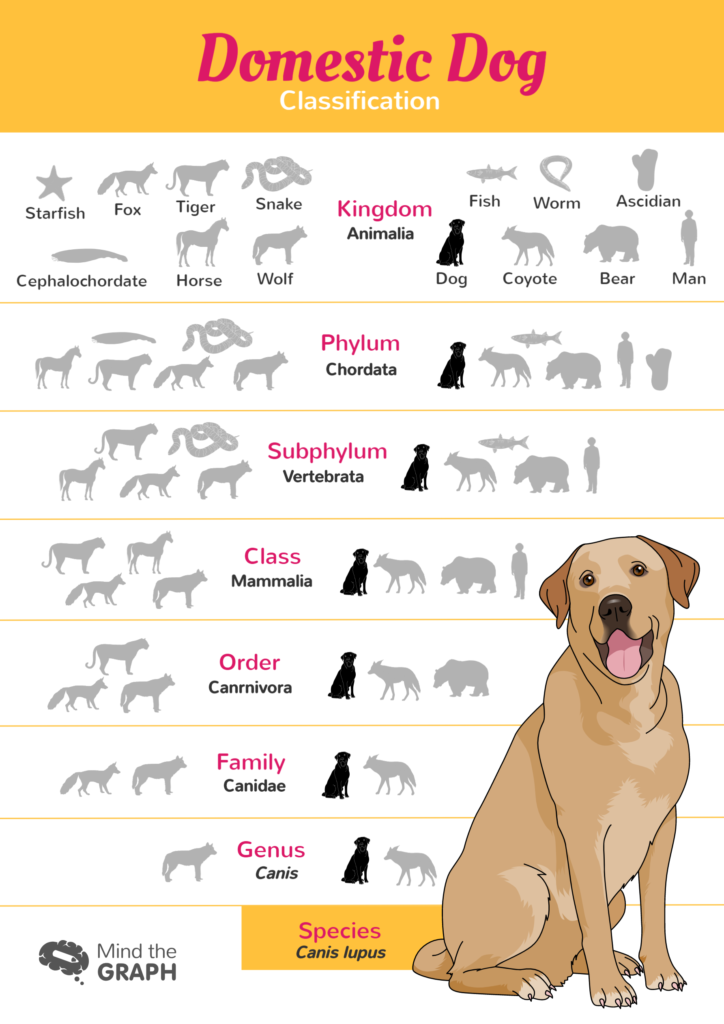How To Reduce Dog Stress At Daycare
How To Reduce Dog Stress At Daycare
Blog Article
Can Pet Dog Childcare Reason Disease?
Canines in daycare obtain lots of exercise, socializing with various other pet dogs and distinct experiences. This can be specifically practical for young puppies and canines with behavioral concerns.
There are a number of legal factors to consider you require to think about when starting a doggy daycare company. These consist of the framework of your service and conformity with federal government guidelines.
1. Dog Distemper
Canine distemper is spread out via straight contact with the physical liquids and waste of an infected dog, but it can also be transferred by means of common water and food bowls or with air-borne beads. This extremely infectious health problem is most unsafe for puppies, but it can impact dogs of any age and is fatal for many if left without treatment.
Preliminary signs and symptoms of canine distemper usually mimic a common cold, including runny eyes and nose with watery or pus-like discharge. As the disease progresses, a dog will develop fever, coughing, reduced appetite, vomiting and diarrhea. The virus can also attack the nervous system, causing seizures, shivering and partial or full paralysis.
Trustworthy daycares reduce direct exposure to infection by calling for inoculations, regular health examinations and comply with stringent hygiene protocols. If your pup seems overly weary or hopping, a day off might assist him recuperate, but you should avoid taking him back to childcare till these signs and symptoms improve.
2. Kennel Coughing
Kennel cough, also known as transmittable canine tracheobronchitis or Bordetella, is a very infectious viral or microbial illness that affects the respiratory system. It's generally moved with the exchange of saliva or air beads that an unwell pet breathes out. Social pet dogs are at higher threat for infection as a result of their regular interaction with one another, such as when they play, share food or water, smell each other or just meet in a crowded setting like a pet park or day care.
The most usual signs and symptom of kennel cough is a persistent and strong coughing that seems like something stuck in the throat or retching. Often, pets will certainly spend frothy white phlegm. If left unattended, a pet dog can establish pneumonia and be at severe danger for life.
A reputable childcare facility should have rigorous cleansing and cleanliness protocols, disinfect all playthings, food dog boarding kennel near me and water bowls routinely, and be open concerning their vaccination policies. Maintaining your canine up to date on their inoculations, specifically for bordetella and canine flu, will significantly reduce their possibilities of contracting the health problem.
3. Parvovirus
Canine parvovirus, or parvo, is a highly transmittable viral disease that can be deadly for pups and young adult pets with inadequate immune systems. It's most generally spread by straight contact with polluted canine feces-- which can take place when canines smell, lick, or taste infected feces-- and indirectly from infected individuals, objects, or settings (like kennels, grooming areas and yards). Puppies and pet dogs without total inoculation backgrounds are especially prone to parvo.
The virus is exceptionally durable, surviving in the setting for up to 9 years, and can quickly be moved between pets by get in touch with through feces or on footwear, clothing, and bed linens contaminated with parvovirus. Otherwise treated quickly with IV fluids, electrolyte equilibrium, vomiting control drugs and prescription antibiotics to stop additional microbial infections, a canine will swiftly dehydrate and create serious looseness of the bowels, which results in shock and sepsis. Parvo is tough to cure when a dog has actually become ill, however with ideal veterinary treatment, numerous pups do endure this disease.
4. Pooch Influenza
Dog flu virus is extremely transmittable and spreads with straight contact, sharing food and water bowls, licking or nuzzling various other pets, through air-borne droplets, and with infected surfaces. Inoculation is effective in decreasing the threat of infection and outbreaks.
The majority of impacted dogs establish a light respiratory infection with a cough that lasts 1-3 weeks. They might also have nasal and eye discharge, sneezing, and sleepiness. Some of the most significant cases lead to pneumonia and a high fever.
If your pet dog exhibits any of these signs, do not bring them back to childcare until they are healthy. If your pet is revealing signs of severe exhaustion or limping, speak with your veterinarian right away and ensure they get on healthiness supplements to help develop their resistance. A vet will assess your pet for symptoms of the flu by taking an example from the nose or throat, and blood tests can be done to confirm.